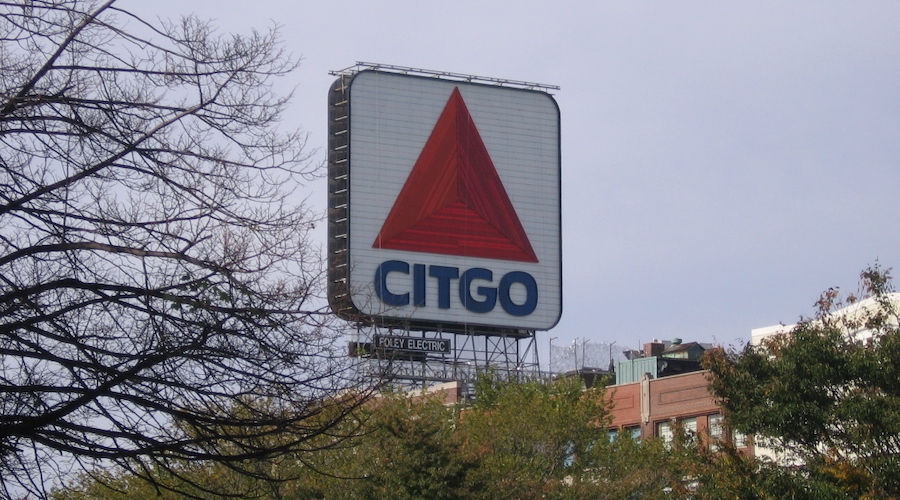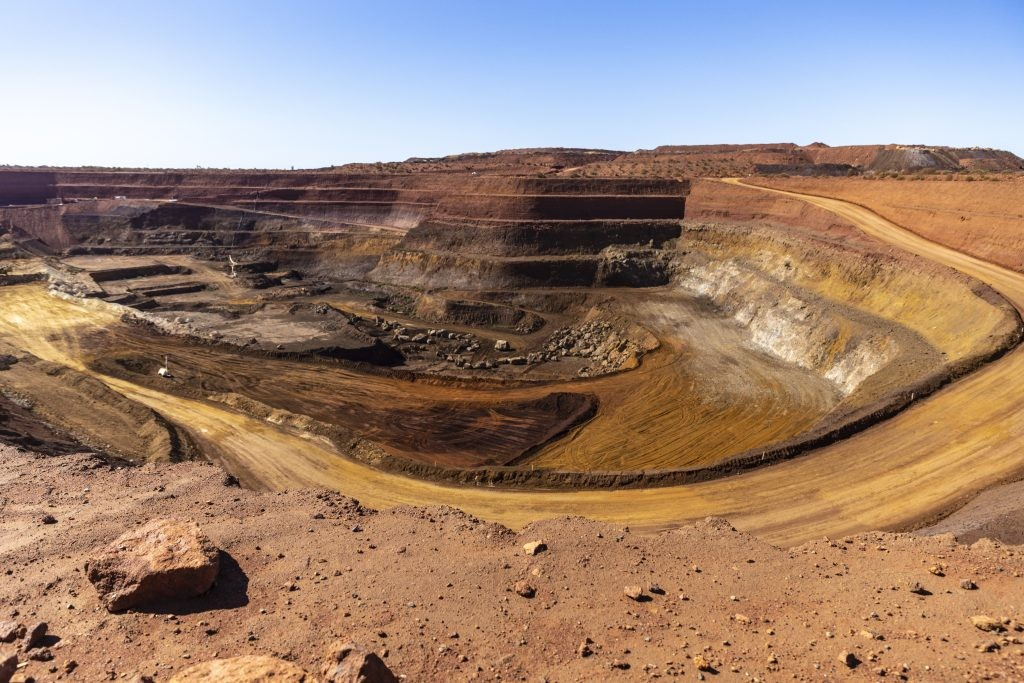With this action, Crystallex wants to enforce a $1.4-billion arbitral award against the South American country, following a decade-long dispute over Venezuela’s 2008 nationalization of its gold mine in the southeastern Bolívar state. The amount is comprised of $1.2 billion, plus $200 million of interest awarded by a World Bank arbitration tribunal in 2016.
In his decision, Stark said he will appoint a special master to oversee the sale, including minimum advertising requirements, requiring substantial good faith deposits of bidders, and only selling as many shares as needed to satisfy judgments.
The judge also rejected a proposal that only Venezuelan national oil company PDV could administer the sale, finding that any unique knowledge pertinent to the sale should be obtained and used regardless of PDV’s administration.
“Having made Crystallex undertake a decade’s worth of extensive and expensive efforts to collect on its judgment, the court is not going to permit a highly-recalcitrant judgment debtor to conduct its own sales process over the objection of its repeatedly-victorious judgment creditor,” Stark wrote in his decision.
There’s still a but
Despite ruling in favour of Crystallex, Stark acknowledged that US sanctions against the Nicolás Maduro regime currently block the execution of the sale and that a final decision lies in the hands of the executive branch through the US Treasury department.
“All parties agree that, under current law and policy, a sale of PDVH shares cannot be completed without a specific [US Treasury] license,” the judge wrote. “But all the preparatory steps that can be taken without such a license can, and should, be taken.”
Stark said that he did consider the sanctions and what they represent when it comes to Venezuelan politics. In particular, he said he assessed a letter that was submitted by Elliott Abrams, the US special representative to Venezuela, to the Attorney General and the Justice Department. In the missive, Abrams stated that Crystallex cannot sell the shares without a license from the US Office of Foreign Asset Control and that approving the share sale would harm US foreign policy and national-security interests in Venezuela and damage the diplomatic support granted by the White House to the Venezuelan interim government led by opposition leader Juan Guaidó.
For economist and founder of the think-tank Oil for Venezuela, Francisco Rodríguez, the issue with the sanctions is just likely to delay the process a bit more.
“With this decision, chances of reversing the sentence that favours Crystallex are almost null. However, the US government can still refuse to issue the necessary license to move forward with the sale. This would halt the sale, although just temporarily,” Rodríguez said over Twitter.




